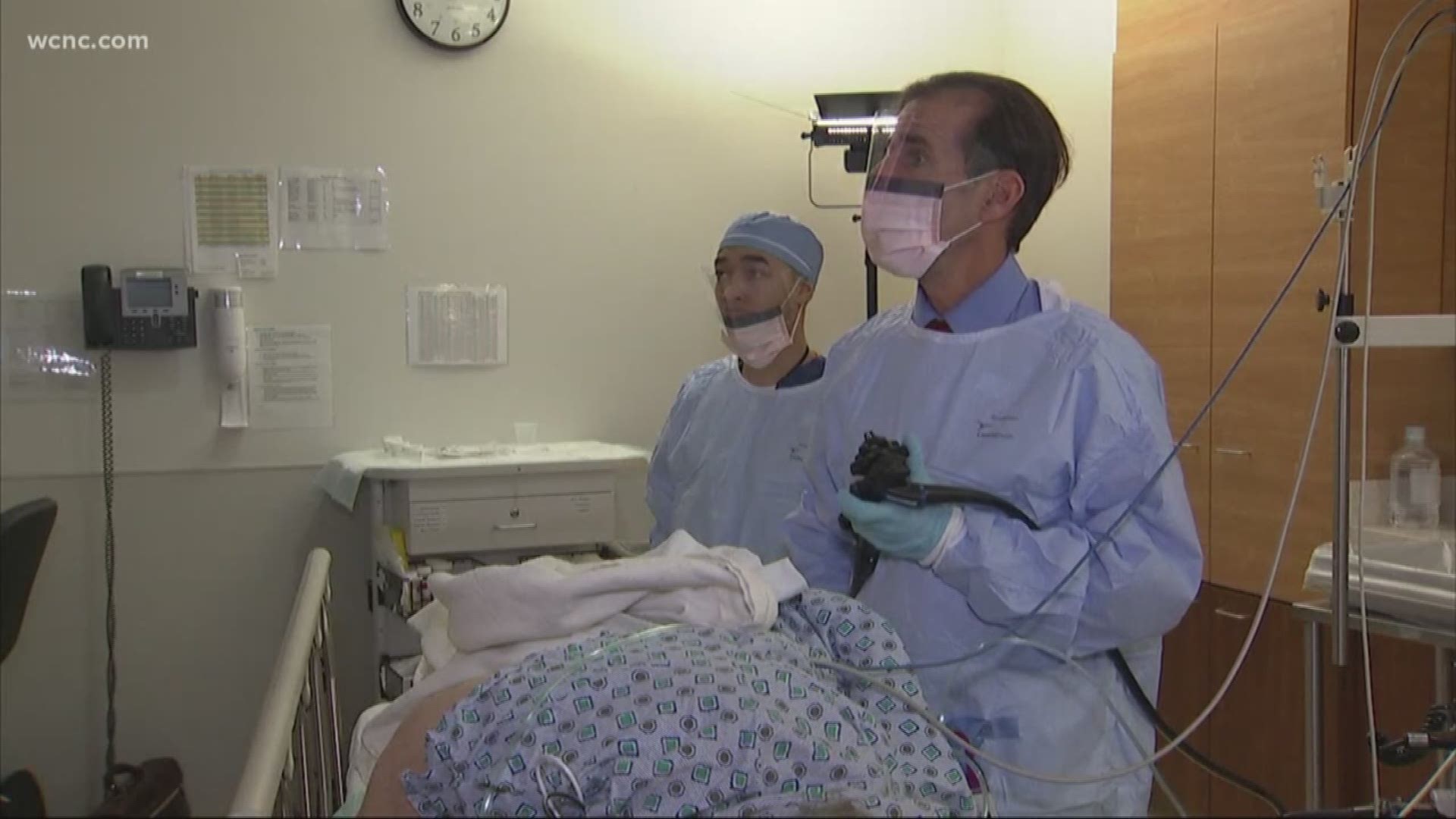CLEVELAND — March is National Colorectal Cancer Awareness Month.
In recent years, experts have seen an alarming uptick in the incidence of colorectal cancer in young adults.
Now, new research is looking to learn what is behind this disturbing trend.
A study of more than 85,256 women found that those with obesity faced a much higher risk of developing colorectal cancer before the age of 50.
“For every increase in your BMI, there’s an increased direct link with your risk of colorectal cancer,” said Matthew Kalady, M.D., of Cleveland Clinic who did not take part in the study. “In comparison to people who are fairly fit, or what’s considered a normal BMI, women who are obese have almost a two-fold increase in getting colorectal cancer at a young age.”
Another study looked at how sedentary behavior, such as watching television, might contribute to the rise in young-onset colorectal cancer.
Researchers studied behavioral habits of young adults including diet, activity level and sedentary time.
They found people who watched television for 7-14 hours per week had a heightened risk of colorectal cancer. Those who watched more than 14 hours of TV per week had an almost two-fold increased risk.
Dr. Kalady said our bodies weren’t meant to be sitting around all day, and lack of activity adds to decreased metabolism, which could lead to obesity and increased inflammation.
He said colorectal cancer is caused by many factors - some that we can control and some that we cannot.
To lower risk, he said it’s essential to manage the lifestyle factors that are within our control.
“The things we can control such as our diet, the amount of exercise we do, smoking or not smoking, and basically your sedentary lifestyle or active lifestyle – those things are all very important, and any chance you have to control the things that you can – it’s the best thing that you can do,” said Dr. Kalady.
Dr. Kalady said experts don’t know whether obesity causes colorectal cancer but they do know the two factors are associated with one another.
He said more research is being performed to determine whether there are unique factors about obesity which make a person prone to colorectal cancer and other cancers.

